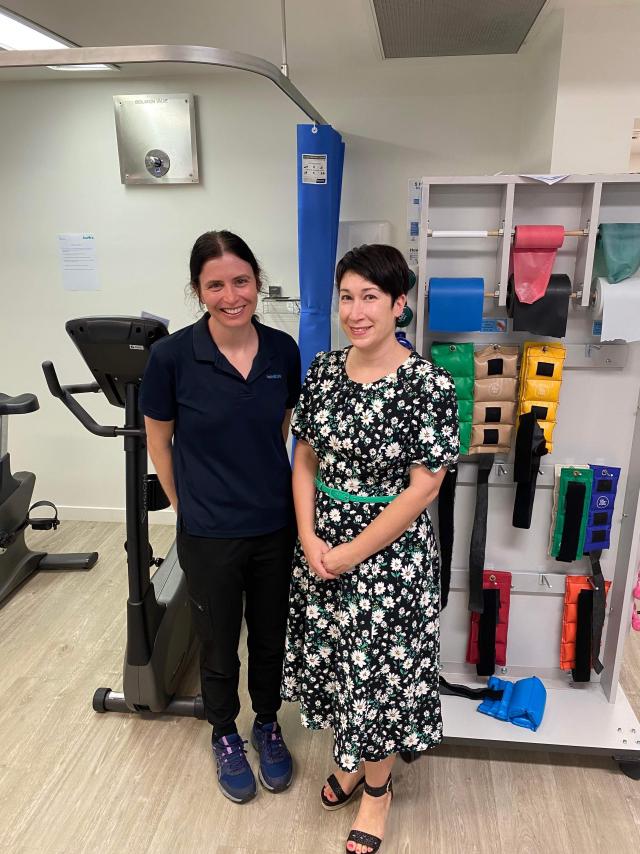Breast cancer is the most common cancer affecting Australian women, with one in seven women developing it over their lifetime.
But what do you know of breast cancer and exercise?
For many years, women and men who have had breast cancer were encouraged to rest and recover with people fearing exercise might be unsafe, cause the dreaded lymphedema or cause debilitating fatigue.
Luckily, this archaic and old way of thinking is changing with research telling us that this medicine that is exercise is safe and can not only prevent breast cancer, reduce side effects of cancer treatment but potentially reduce the risk of reoccurrence of the disease.
The chance of surviving at least five years with breast cancer has increased to 91 per cent (2014-2018), which means more people are living longer with more side effects from treatment.
These are some of the common side effects of treatments and issues people with breast cancer the team at Eden see:
• Fatigue.
• Lymphedema (swelling) or cording.
• Pain from radiation, scarring and post-surgery.
• Reduced movement at the shoulder with reduced ability to complete normal daily activities.
• Reduced bone density, body strength and fitness.
• Changes to mental health, self-confidence and impact on quality of life.
An individualised approach to exercise can improve someone’s treatment tolerance, reduce fatigue, improve shoulder and arm function, increase strength and fitness and improve mental health and quality of life.
The multidisciplinary team at Eden Private Hospital is experienced in supporting people at any stage of their cancer journey.
Eden’s focus is about making that feeling of life without cancer as much of a reality as possible by providing support through:
• Holistic assessments within a multidisciplinary team.
• Treatment and rehabilitation for side effects of treatment, the impact of cancer and long term management of symptoms and prevention of recurrence.
• Education and support depending on an individual’s needs.
If you have just been diagnosed with cancer, are going through treatment or have finished treatment, or are a cancer survivor, it is important to seek an assessment from an accredited exercise physiologist and/or physiotherapist with experience in cancer care.
Remember that side effects and symptoms are not just something to live with and finding the right support for you can help improve your quality of life.
For more information or support, call 07 5472 6472 or visit edenprivate.com.au








